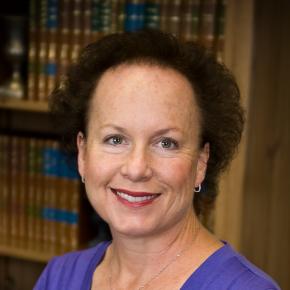Rachael Slick, the daughter of an apologist, has written an article recounting her theological and apologetic training growing up—and her subsequent rejection of Christianity. I don’t intend to comment on the details, especially about her family and what did or didn’t happen, because we only have her account from her perspective. I do want to make one observation about what she writes about what she understood and believes now.
She never mentions the Gospel.
I’m not saying she was not taught it, I imagine she was along with all of the other things she says she was taught. But from her own account, the Gospel doesn’t appear to have made an impression on her amidst all the other facts of Christianity she learned. What comes across is her efforts and sincere desire to measure up and obey God, but inevitable discouragement at her failure to do so. She writes in her conclusion about the freedom she has found in rejecting Christianity and that burden.
The burden of the law crushes, and the Gospel frees us of that burden. We can’t measure up to the law, even though obedience is important. The Gospel gives freedom because of God’s unfailing forgiveness through Jesus. It’s understandable that Rachael searched for freedom from the guilt of the law. It’s tragic that, for whatever reason, the freedom and relief of God’s mercy and grace didn’t make an impression on her.
It’s a good reminder that as apologists, whether we’re talking to skeptics or training our children, we return frequently and regularly to the core of the message—the Gospel of reconciliation with God through Jesus. God is not angry with us anymore, but offers us free, unmerited love and forgiveness that is unfailing and abundant. Obedience flows from gratitude, not an effort to measure up. All the facts and details of Christianity are important. Answering challenges from critics is important. But they should not overwhelm and obscure the message that we’re trying to convey, the Gospel. Say it often and clearly.

